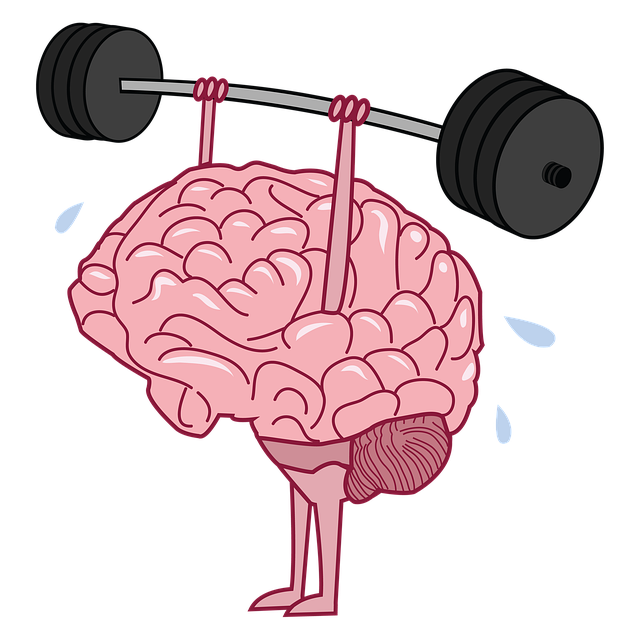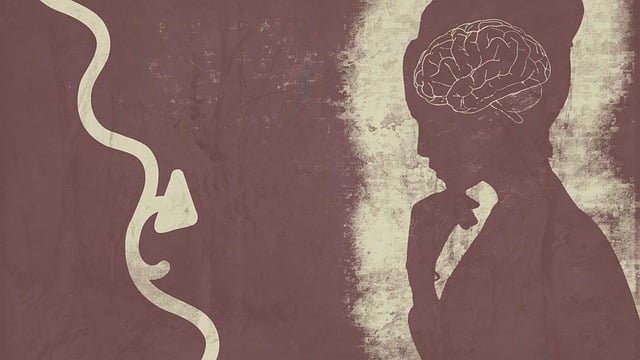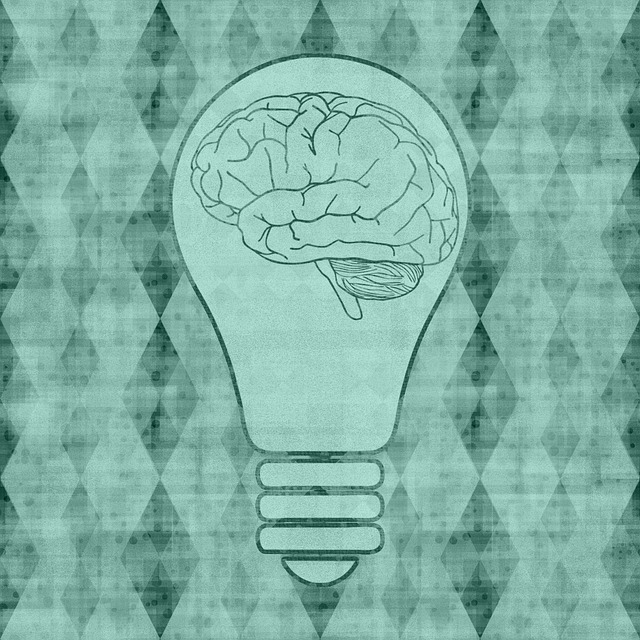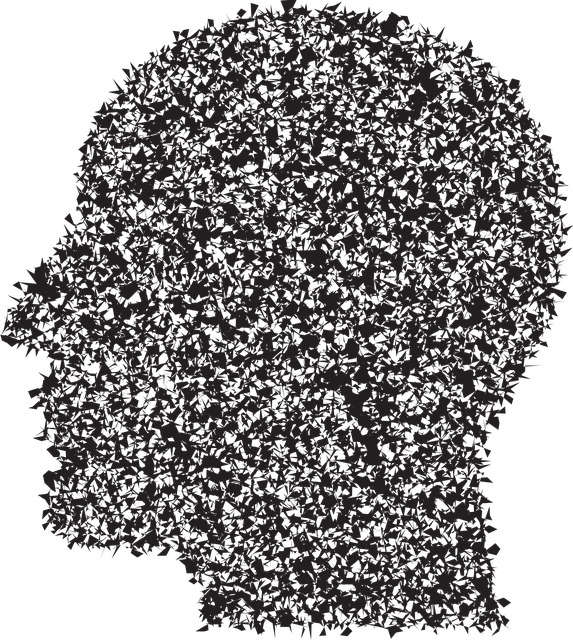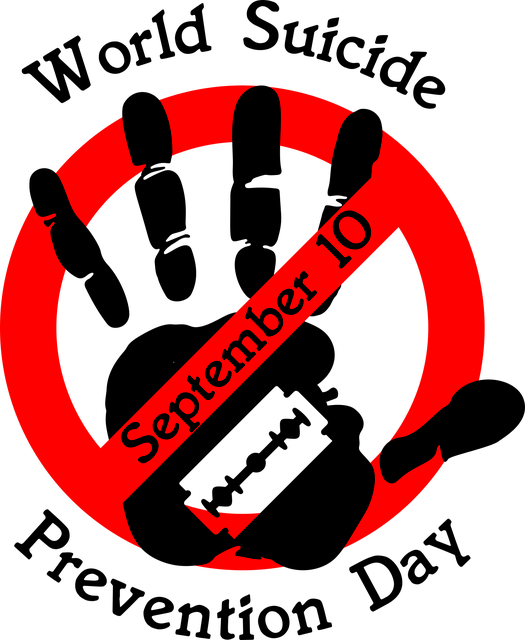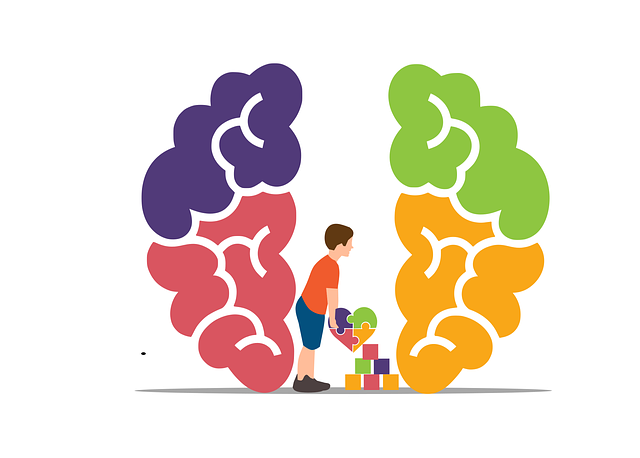Lone Tree First Responders Therapy is a comprehensive approach to mental health care that addresses diagnosis accuracy issues by combining traditional therapy, mindfulness meditation, community outreach, and technology. Their innovative programs target early intervention, cultural sensitivity, and remote assessments, ensuring more precise diagnoses for diverse populations. Through specialized training, resilience-building workshops, and public awareness campaigns, they enhance access to effective mental wellness services, emphasizing the crucial role of professionals in fostering mental health management.
Mental illness diagnosis accuracy is a critical aspect of patient care, yet challenges and gaps persist. This article explores various efforts aimed at enhancing diagnostic precision, focusing on key areas such as understanding mental illness, the role of Lone Tree First Responders in early intervention, innovative therapy approaches, integrating technology for better assessment tools, and training professionals to ensure accurate diagnoses. By examining these strategies, we can foster more effective treatment plans for individuals struggling with mental health issues.
- Understanding Mental Illness Diagnoses: Challenges and Gaps
- The Role of Lone Tree First Responders in Early Intervention
- Innovative Therapy Approaches to Enhance Accuracy
- Integrating Technology for Better Assessment Tools
- Training and Education: Equipping Professionals for Precision
Understanding Mental Illness Diagnoses: Challenges and Gaps

Diagnosing mental illness accurately is a complex endeavor, fraught with challenges that can significantly impact an individual’s journey to recovery. One of the primary hurdles is the vast spectrum of symptoms and behaviors associated with various mental health conditions, which often overlap, making differentiation difficult. For instance, symptoms of anxiety and depression can be similar, yet these disorders require distinct therapeutic approaches. This complexity demands a nuanced understanding from healthcare professionals, emphasizing the need for extensive training in diagnosis and treatment methods, especially for conditions that share common presentations but differ fundamentally.
Moreover, cultural and social factors play a substantial role in mental illness expression and perception. What may manifest as a specific symptom in one culture could be interpreted differently in another. This cultural variability necessitates a sensitive and adaptable approach to diagnosis, encouraging practitioners like Lone Tree First Responders Therapy to incorporate diverse perspectives into their practice. Incorporating techniques for emotional well-being promotion alongside traditional therapy methods can help bridge these gaps, fostering more accurate assessments and ultimately enhancing the effectiveness of treatment plans.
The Role of Lone Tree First Responders in Early Intervention

In many communities, Lone Tree First Responders play a vital role in early intervention for mental health crises. These individuals are often the first to arrive on scene when someone is experiencing a breakdown or showing signs of distress. By providing immediate support and de-escalation techniques, they can significantly impact an individual’s journey towards recovery. The goal is not just to stabilize the person but also to initiate a conversation about seeking professional help and developing strategies for managing mental health.
Lone Tree First Responders are equipped with basic training in therapy, including techniques for fostering inner strength development and social skills training. They encourage positive thinking by helping individuals reframe their thoughts and emotions during critical moments. This early intervention not only prevents escalation but also paves the way for long-term mental health management, ensuring that folks receive the support they need to lead fulfilling lives.
Innovative Therapy Approaches to Enhance Accuracy

In efforts to enhance mental illness diagnosis accuracy, innovative therapy approaches are emerging as powerful tools. One such notable example is the integration of Mindfulness Meditation techniques within Lone Tree First Responders Therapy programs. This therapeutic approach leverages mindfulness’s ability to improve focus and emotional regulation, aiding in more precise assessments by both professionals and individuals. By fostering self-awareness, participants gain deeper insights into their mental states, enabling earlier identification of symptoms and enhancing diagnostic accuracy.
The Community Outreach Program Implementation, which incorporates Mind Over Matter principles, further strengthens these efforts. Through targeted community engagement and educational initiatives, this program raises awareness about mental health issues, reduces stigma, and encourages individuals to seek help early. By promoting a culture of open dialogue and understanding, it facilitates more accurate diagnoses by creating an environment where people feel comfortable discussing their experiences and symptoms candidly.
Integrating Technology for Better Assessment Tools

Integrating technology into mental health assessment has become a game-changer for professionals like those at Lone Tree First Responders Therapy. Digital tools offer advanced ways to gather and analyze information, enhancing diagnostic accuracy. For instance, AI-driven algorithms can detect subtle patterns in patient responses, providing deeper insights than traditional methods. These innovations are particularly valuable in identifying complex conditions that often go overlooked.
Furthermore, technology facilitates remote assessment, making mental health services more accessible. Online platforms, mobile apps, and virtual reality tools enable professionals to reach a wider audience, especially those in rural areas or with limited mobility. By combining these technological advancements with ongoing Public Awareness Campaigns Development and Trauma Support Services, we can foster an environment that prioritizes mental wellness, similar to how Mental Wellness Podcast Series Production has been instrumental in promoting open conversations about mental health.
Training and Education: Equipping Professionals for Precision

Mental health professionals play a pivotal role in accurately diagnosing and treating mental illnesses. To enhance diagnosis accuracy, there’s a growing emphasis on training and education initiatives. Programs like Lone Tree First Responders Therapy focus on equipping healthcare providers with the latest research, assessment techniques, and clinical skills. These efforts not only improve individual practitioners’ capabilities but also contribute to more precise and timely interventions.
In addition to specialized training, fostering cultural competency among healthcare providers is essential. Understanding diverse cultural contexts and beliefs allows for more nuanced approaches to diagnosis and treatment. Resilience-building workshops and community outreach program implementations further empower professionals to address the unique needs of various populations. By integrating these educational strategies, mental health services can become more inclusive and effective, ultimately benefiting individuals seeking support for their mental well-being.
Mental illness diagnosis accuracy has seen significant advancements through efforts like those of Lone Tree First Responders, who play a crucial role in early intervention. Innovative therapy approaches, integration of technology, and robust training programs further equip professionals to navigate the complexities of mental health assessment with enhanced precision. By addressing historical challenges and gaps, these strategies not only improve diagnosis accuracy but also foster more effective treatment plans tailored to individual needs.



